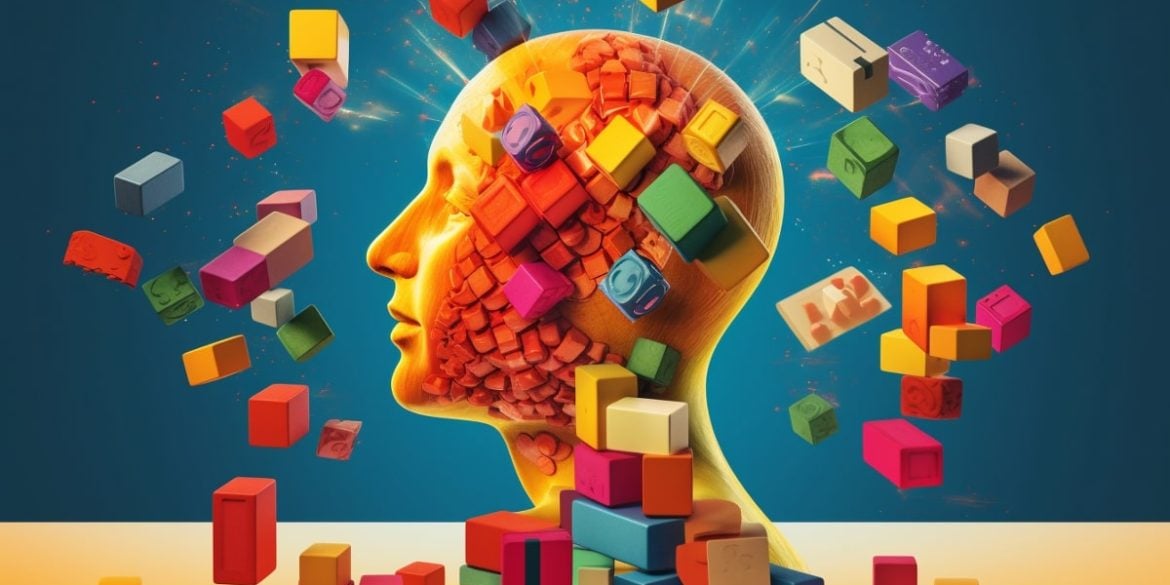Memory is an integral part of our daily lives, enabling us to retain and recall information, experiences, and skills. However, there are times when we struggle with forgetfulness, unable to recall names, occurrences, or even significant tasks. The dissatisfaction that results from such memory lapses prompts the following inquiry: Why do we constantly forget things? The purpose of this article is to investigate the various factors that contribute to forgetfulness and the intricate nature of human memory.
Types of Memory
It is essential to comprehend the various types of memory before we can comprehend why we forget. There are basically three main types of human memory: tactile memory, momentary memory, and long-haul memory.
Sensory Memory
The initial perception of information through our senses—sight, hearing, taste, touch, and smell—is referred to as sensory memory. It acts as a buffer, temporarily storing a large amount of sensory information. However, sensory memory has a finite capacity and rapidly degrades if it is not carried over to the following stage.

Short-Term Memory
Information is temporarily held and manipulated in short-term memory, also known as working memory. It has a restricted limit and span, permitting us to hold data for seconds to minutes, except if effectively practised or encoded into long-haul memory.
Long-Term Memory
The storage of information for extended periods of time—from a few hours to a lifetime—is known as long-term memory. Declarative (explicit) memory and procedural (implicit) memory are further subdivided. Procedural memory involves skills, routines, and motor patterns, whereas declarative memory includes facts, events, and personal experiences.

Factors That Influence Memory
Now that we have a basic understanding of memory, let’s look at the things that make people forget things.
Memory loss as we get older is a common occurrence. Memory, among other cognitive abilities, may gradually decline as we get older. Reduced blood flow to the brain, changes in brain structure, and changes in neurotransmitter levels are all possible causes of this decline. However, while age-related changes to memory are unavoidable, a healthy lifestyle, cognitive stimulation, and memory-enhancing techniques can mitigate them.

Stress and Emotional Factors Memory can be significantly affected by stress, anxiety, and emotional upheaval. The release of hormones like cortisol, which can hinder memory formation and retrieval, occurs when we are under stress. Additionally, strong emotions can affect our focus and attention, making it difficult to effectively encode information. Memory lapses caused by these factors can be reduced by learning effective strategies for emotional regulation and stress management.
Absence of Rest
Rest assumes an essential role in uniting memories and working with ideal mental capability. Memory encoding, consolidation, and retrieval processes can be harmed if you don’t get enough sleep or don’t get enough good sleep. Memory retention and overall cognitive performance can be improved by prioritizing a consistent sleep schedule and practising good sleep hygiene.

Drugs and Medical Conditions
Some medical conditions, like Alzheimer’s disease, dementia, and traumatic brain injury, can make it hard to remember things. Memory impairment may also be a side effect of some medications, such as sedatives, antidepressants, and antihistamines. If memory problems are thought to be caused by a medical condition or medication, it’s important to talk to a doctor.

In today’s fast-paced, distracted world, it can be difficult to maintain focused attention. It becomes difficult to effectively store information in memory if we don’t pay enough attention to it. Improved attention and focus can help reduce forgetfulness by practising mindfulness, avoiding distractions, and using memory-enhancing strategies.
Environmental Factors
Information overload, excessive multitasking, and a cluttered living or working environment are all environmental factors that can contribute to forgetfulness. The use of memory aids like calendars and reminders, as well as creating an environment that is well-organized and conducive to productivity, can lessen the strain on our memory.

Strategies to Improve Memory
There are, thankfully, a number of methods that can aid in memory enhancement and decrease forgetfulness. The processes of memory encoding, consolidation, and retrieval can be improved by putting these methods into practice.
- Maintain a Healthy Lifestyle: Regular physical activity, eating a well-balanced diet, drinking enough water, and avoiding harmful substances like smoking and alcohol can improve memory and overall cognitive function.
- Engage in Mental Stimulation: Puzzles, reading, learning new skills, and engaging in intellectually stimulating conversations can all help sharpen the mind and improve memory retention.
- Practice Memory Skills: Encoding and retrieving memories can be made easier with the help of mnemonic devices, visualization strategies, breaking down information into smaller, more manageable chunks, and spaced repetition.
- Quality Sleep: By Establishing a Consistent Sleep Routine, Creating a Comfortable Sleep Environment, and Avoiding Stimulating Activities Prior to Bedtime
- Stress Management: Mindfulness, relaxation techniques, and seeking social support can all help reduce stress levels and minimize their impact on memory.

Establishing Routines and Organization Establishing daily routines, maintaining an organized living and working environment, and making use of external memory aids like calendars, to-do lists, and reminders can reduce cognitive load and improve memory performance.
Understanding the underlying factors that contribute to forgetfulness can assist us in more effectively navigating these obstacles, despite the fact that memory lapses can be frustrating. Memory performance can be affected by age, stress, lack of sleep, health conditions, attentional lapses, and environmental factors; however, there are ways to lessen the impact of these factors. We can improve memory retention and reduce forgetfulness in our daily lives by leading a healthy lifestyle, engaging in mental stimulation, implementing memory techniques, managing stress, establishing routines, and optimizing environmental conditions. Keep in mind that memory is a complicated process, and mistakes happen from time to time. A proactive approach to memory enhancement can enable us to maximize our mental capacities and maintain cognitive vitality throughout life.
See Also: 14 Healthy Sounding Unhealthy Foods


